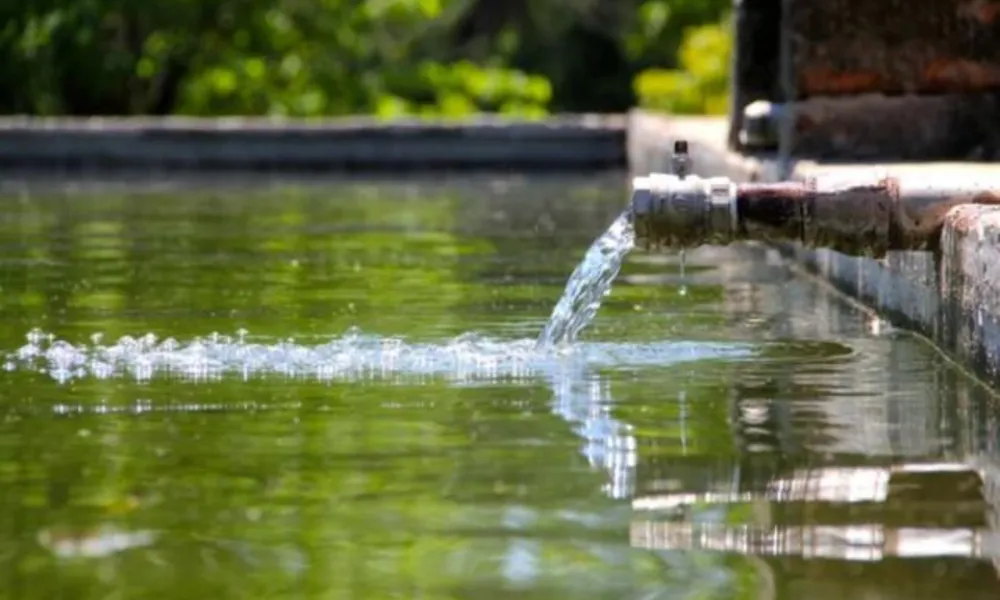The water crisis in Cyprus has reached the country’s mountain villages, as correspondence between the community of Alona and the Water Development Department (WDD) highlights the alarming extent of the shortage. Communities not connected to the island’s main water networks are bearing the brunt of the problem, with natural springs and boreholes running dry for the first time in decades.
Springs in Troodos Dry Up for the First Time in 60 Years
Alona, perched at 1,200 meters in the Troodos range (Pitsilia region), is one of the hardest-hit communities. In a July 9 letter to the WDD, local council president Michalis Nikiforou reported that the village’s iconic “Birds’ Spring” has dried up for the first time in 60 years. At the same time, water flow from other springs across the region has dropped dramatically, leaving residents with dwindling supplies for both household use and irrigation.
These sources normally feed storage tanks that supply the community with drinking water and irrigate Alona’s hazelnut forests. The hazelnut groves, which stretch across 12 villages and form part of the EU-protected Natura 2000 network, are now showing early signs of dieback.
Water Department: “A Nationwide Problem Caused by Drought”
In its reply, the Water Development Department confirmed that the crisis extends far beyond Alona. “Due to the prolonged drought affecting the island, we have seen a significant reduction in the yield of many springs and boreholes used for community water supply,” the department said.
Officials stressed that several sources have recorded zero flow for the first time in decades, describing the situation as evidence of a nationwide water crisis. The WDD ruled out human interference, noting that no new water extraction permits had been issued and no over-pumping had been recorded. “The drying of springs is clearly the result of drought, something unavoidable and beyond human control,” the department wrote.
Emergency Plans to Truck in Water
Andreas Kitromilides, president of the Union of Cyprus Communities, told Politis that the sharp decline in natural sources is mainly affecting villages not connected to the water networks of district authorities or the WDD. Discussions with the Agriculture Ministry have already led to contingency planning, including trucking in water to communities at risk of running dry.
Farmers and Natura 2000 Sites at Risk
For Alona, the crisis has direct economic and environmental consequences. Nikiforou warned that hazelnut trees are already showing symptoms of dehydration, threatening both household incomes and the preservation of protected areas.
“This crisis will not only harm local farmers but also expose the government to EU penalties,” he said. “Failure to protect and maintain Natura 2000 areas could see Cyprus dragged before the European Court of Justice, with potential fines in the millions.”
Unfulfilled Promises of a Management Plan
The protected hazelnut forest of Pitsilia, unique in Cyprus, stretches across the Madari-Papoutsa complex. According to Nikiforou, government plans to establish a dedicated management authority have stalled. The Council of Madari-Papoutsa communities has already written to Agriculture Minister Maria Panayiotou, urging for emergency irrigation measures, even on an exceptional basis, to preserve what they describe as a “unique natural and agricultural treasure.”
